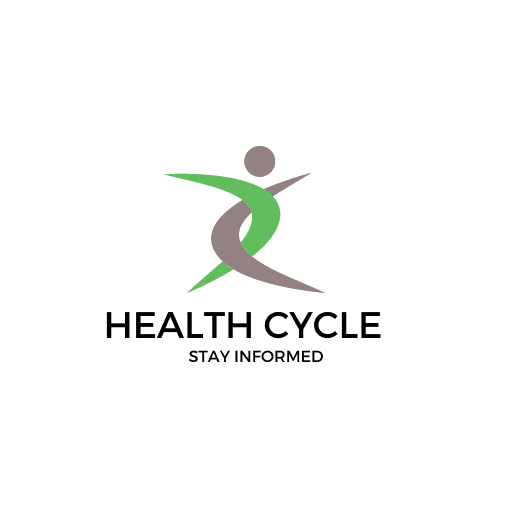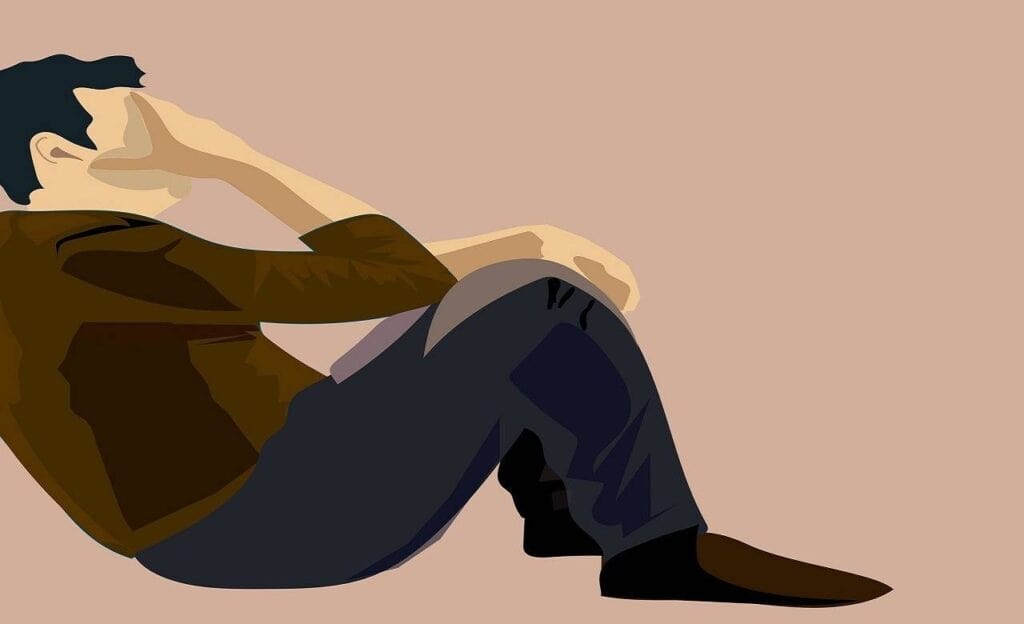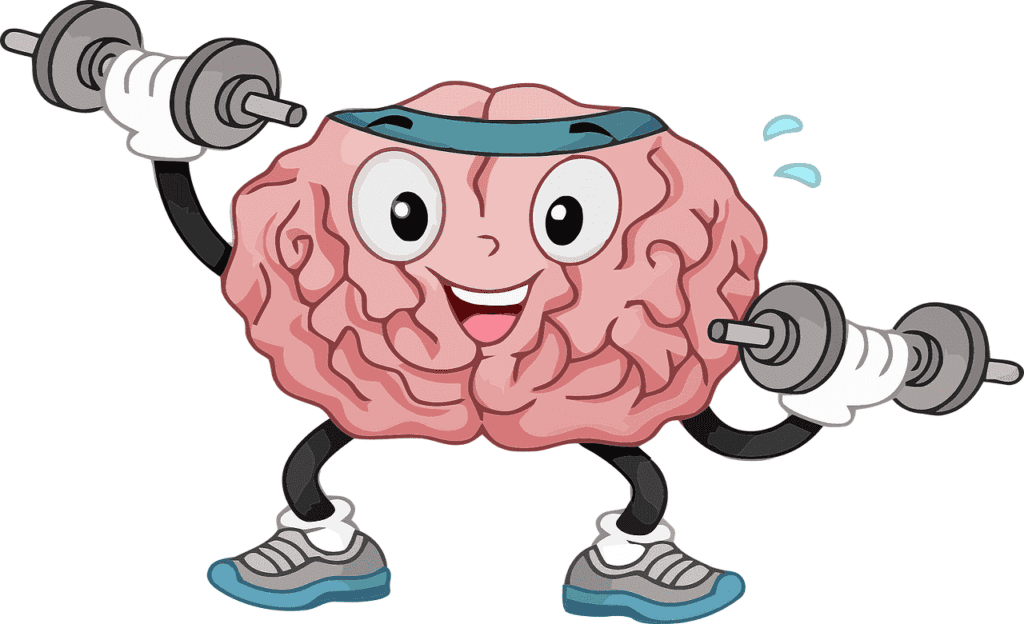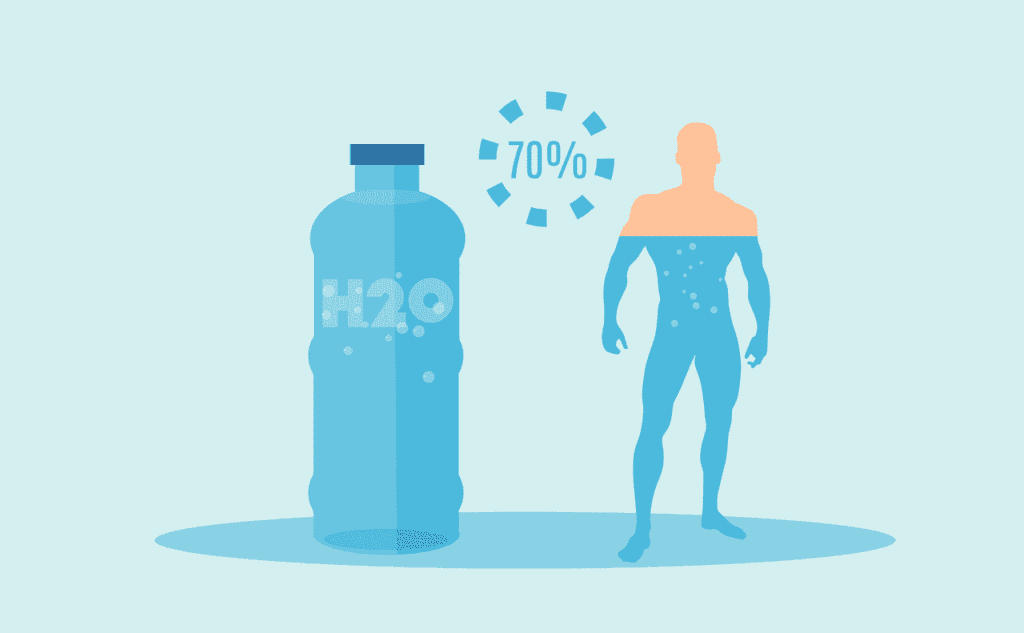So, What Are available Depression Treatment Options for Teens? Life during puberty is hard. Teens are still figuring out high school, their relationships with others and dealing with regular parts of life all while some experience mental health issues that too often include depression. This blog is going to give you an easily readable guide to Depression Treatment Options for Teens so if you are or know a teenager who needs help, keep reading.
While it seems to be too late for these kids, there are numerous best practices that can help Depression Treatment Options for Teens. We will detail more about what those are, how they function and ways you can set up to be there for a teenager in your life.
What Are Depression Treatment Options for Teens?
What is the Definition of Depression? Depression is more than the occasional sad or down feelings. This is a chronic brain disease that affects how you feel, think and behave. Teens with depression can feel hopeless and disconnected from life, growing downhearted about school work, relationships and even themselves.
Most Common Teenage Depression Symptoms:
- Feelings of sadness that never seem to go away
- Irritability or anger
- Disinterest in Hobbies or Other Activities
- Issues with attention or decision-making
- Changes in Appetite (increased or decreased)
- Difficulty sleeping either too much or too little
- Fatigue or lack of energy
- Feelings of inadequacy or guilt
- Thoughts of death or suicide
This is particularly important if the symptoms have been present for longer than two weeks in a teenager. Next, here are some Depression Treatment Options for Teens options for teens struggling with depression that work.
-
Psychotherapy (Talk Therapy)
Depression Treatment Options for Teens includes psychotherapy. It is a process of speaking with a licensed therapist or counselor to help alleviate some of the feelings, emotions, and thought patterns which are often connected to depression. Though there are several types of talk therapy, the two primary approaches being undertaken in this study are:
Cognitive-Behavioral Therapy (CBT)
CBT is a gold-standard approach, used as Depression Treatment Options for Teens. Teaches teens how to identify negative thought patterns and replaces them with healthier, positive alternatives. The idea is to call out negative thought and facilitate better emotional control.
Benefits of CBT:
- Short-term and focused
- Learns how to better manage the life
- Helps teens process their feelings
Interpersonal Therapy (IPT)
IPT: This stands for Interpersonal Process Therapy which can better the relationships and interaction skills. This can include family, friends or romantic partners that your teenager is having conflicts with and can be contributing to their depression.
Benefits of IPT:
- Builds good communication skills
- Deals with real relationship problems
- Helps build support systems
-
Medication
With moderate to severe depression, therapy alone may not be sufficient. Medication is necessary for Depression Treatment Options for Teens in some circumstances. Research shows that antidepressants, specifically Selective Serotonin Reuptake Inhibitors (SSRIs), are frequently prescribed to restore chemicals in the brain that impact mood.
Common SSRIs include:
- Fluoxetine (Prozac)
- Sertraline (Zoloft)
- Escitalopram (Lexapro)
As a reminder you should always work with your healthcare providers to get a prescription that works for you. The follow-ups are essential examinations to evaluate the side effects, and if necessary, adjust them.
-
Benefits of Antidepressants:
- Useful in moderate to severe Depression Treatment Options for Teens
- Helps with symptoms such as anxiety and sleep problems
- Frequently combined with therapy
Nevertheless, antidepressants can take a number of weeks to work and there may be side effects like headaches or even feel nausea, or they may experience weight changes. During the first weeks of Depression Treatment Options for Teens, it is very important that you keep in touch with your doctor who prescribed this medication.
-
Altered Lifestyle and Self Care
Simple changes to your lifestyle in addition to therapy and medication can contribute a great deal towards managing the depression. Getting teenagers to change their ways a little bit can help improve moods and increase energy.
The trick is to follow a healthy regimen along with the treatment.
- Exercise Often: 23 Ways to Naturally Increase Endorphins, the Feel-Good Hormone — Regular exercise activates the release of endorphins in our body which enhances mood. It can be even walking, cycling, yoga etc.
- Nutrition: We all know a healthy diet full of fruits and veggies, whole grains and lean proteins can support brain function and keep us well overall.
- Good Night’s Rest: Not getting enough sleep can make your Depression Treatment Options for Teens symptoms worse. Consistent sleep helps regulate our emotions.
- Mindfulness and Meditation: Practicing meditation, deep breathing or even gentle yoga can help reduce stress and promote emotional clarity.
- Nature Time: Spending time outdoors in a park or garden can lift the mood and create calmness.
These lifestyle changes are not going to cure anything, but will work alongside other treatments to help “compost” the ground for better mental health.
-
Support Groups/ Peer Support
Depression is a common mental illness to affect our teenagers and can be isolating as they feel on their own in the way they are feeling. Support groups offer a place to meet others who are experiencing the same thing. This can help teens feel less alone and offer group therapy.
Benefits of Peer Support:
- Shared experience is the cure for isolation.
- Warm and no-judgmental environment allows for conversations to take place.
- Learning the ways others cope in situations.
Local and online support groups are available for Depression Treatment Options for Teens. You may be referred to the dyslexia group and resources from your school counselor or therapist.
-
Family Therapy
But depression impacts you, the family member with depression of course, but also straining the family to breaking point. Family therapy seeks to have members work in collaboration with a therapist as they are encouraged and facilitated to communicate better, solve family conflicts and create a supportive home environment.
Benefits of Family Therapy:
- This improves on family communication — as well lowering misunderstandings.
- Establishes a less hectic home
- Teaches family about Depression Treatment Options for Teens and what to do
Family therapy may also be used effective when the depression of an individual is associated to family stress or conflict. To help your teen with his or her depression, it is important to be a strong support system.
-
Alternative Therapies
Although these treatments are most typical, some adolescents may benefit from complementary or alternative therapies. These should always be used in tandem with mainstream treatment options, not instead of them.
Here are some more popular alternative therapies:
- Art therapy: A mode of expression of feelings through activities like drawing, painting or making music.
- Seven: Equine Therapy (Horse Program): Building Emotional connections and Responsibility working with horses.
- Acupuncture: — some studies have shown that acupuncture[sic] can aid in the relief of depression symptoms.
If you want your teen to try alternative treatments, make sure you speak with a healthcare provider first to ensure they are safe and effective.
-
Inpatient or day hospital programs
More intense treatments may be needed for more severe cases of depression (those that are accompanied by suicide attempts or high-risk factors).
The treatment may be brief like a hospitalization or an intensive outpatient program.
- Highly aggressive treatments include: Inpatient Hospitalization- Adolescents stay in a hospital receiving constant care and supervision, ideally round the clock.
- Partial Hospitalization Programs (PHP): Teens visit the program during the day and live at home.
- Residential Treatment Centers: With long-term treatments, residential programs offer teens a structured environment away from the chaos of everyday life to focus entirely on recovery.
These are specifically for when depression is seriously impairing a teens ability to function, or when there is acute safety risk.
Conclusion: First Step is to Ask the Right Questions
While Depression Treatment Options for Teens in young people might seem like a long, upward journey, they can recover with appropriate treatment and support. Teens can find a mental health care treatment, or combination of treatments that works best for them whether it means engaging in talk therapy, taking prescribed medications, making lifestyle changes.
Untreated depression can have serious consequences and plenty of people will suffer without ever looking for help but it is important to get yourself looked after when you need it. As parent or guardian, make an environment of security and freedom to be able talk to your teen. If you are a teenager who has depression, remember that you are not alone and there is help visible.
As we all are, each teenager’s journey is different and what works for one may not work for the other. The important thing is to have one’s patience intact and seek guidance of a well-qualified professional for various treatment options. We are all in this together — to help our kids grow up and utilize all available Depression Treatment Options for Teens so they can live a better tomorrow.



